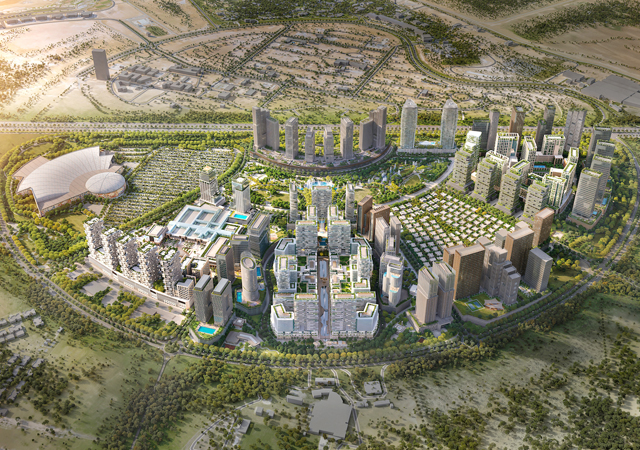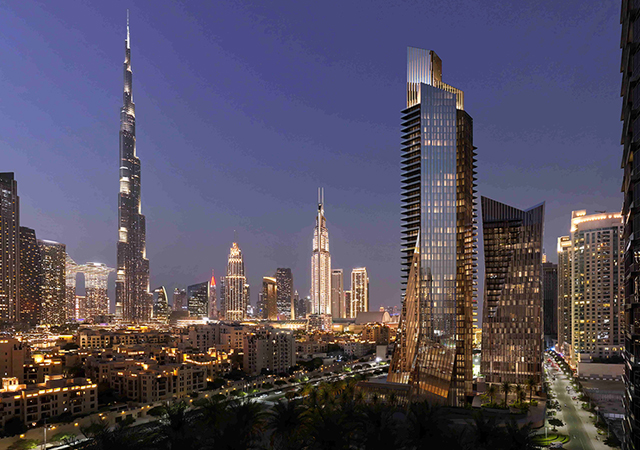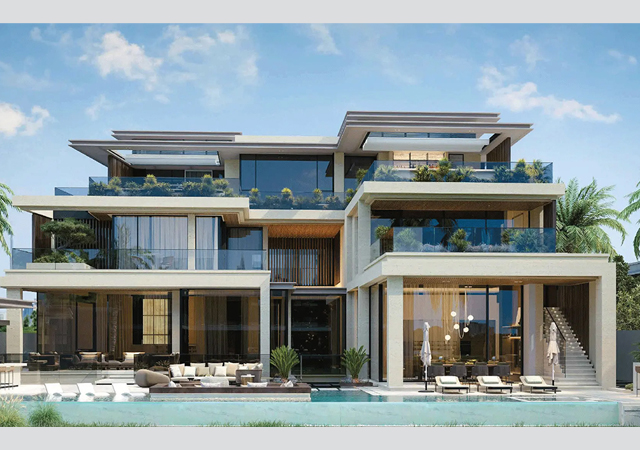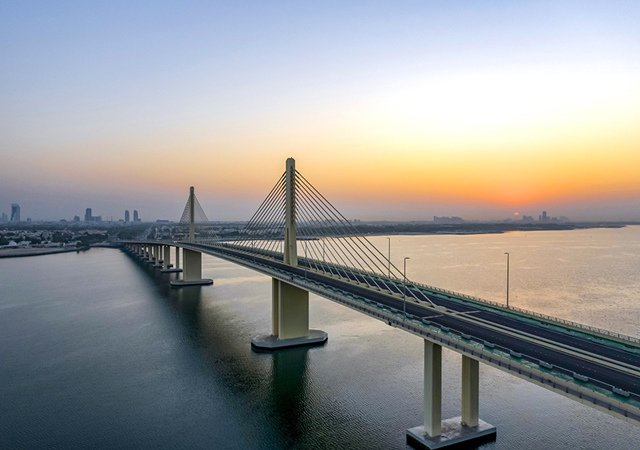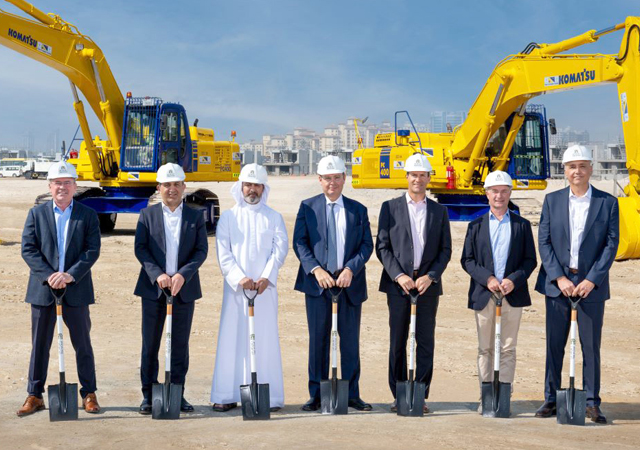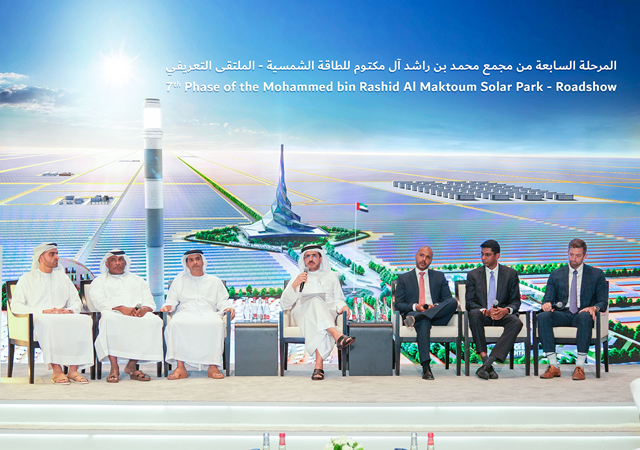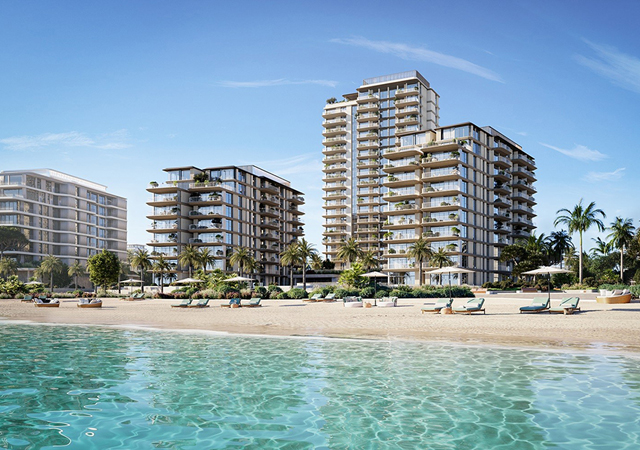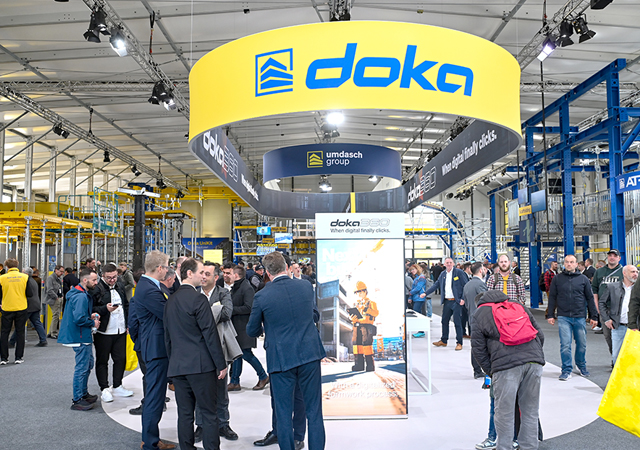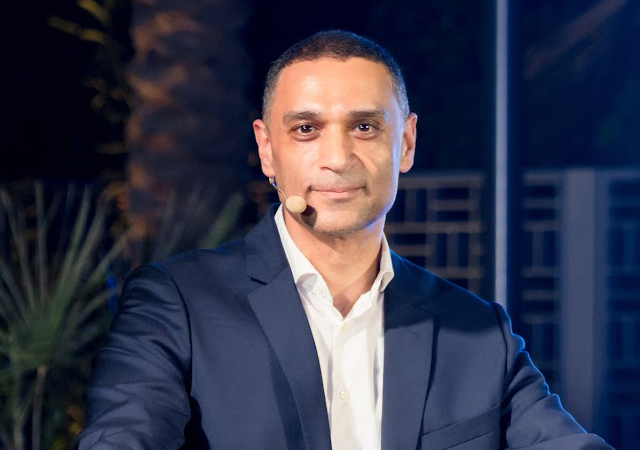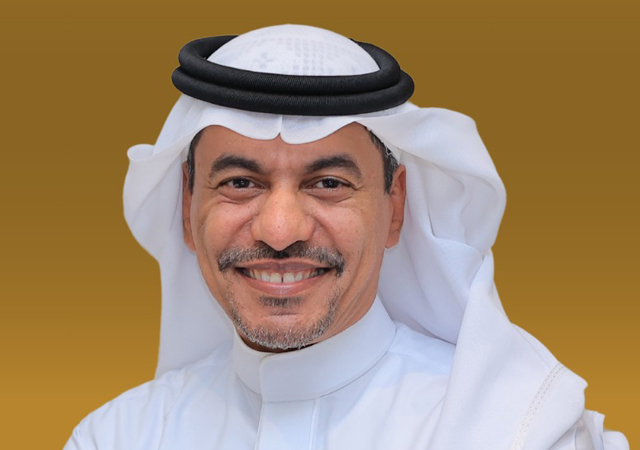
 The PU foam ... new product.
The PU foam ... new product.
Jubail-based GulfGuard (Saudi Guardian International Float Glass Company) has shipped over a million tonnes of glass since the plant was commissioned in October 1996.
The company, which only produced float glass when it launched initial production, introduced patterned figure glass in February 1998 and added a new mirror line in March this year.
According to Emad Al-Ibrahim, GulfGuard's operations manager, the plant is currently operating at its nominal capacity of 600 tonnes per day.
"The present situation is very encouraging as we see a boom in the construction market in Saudi Arabia and the GCC countries," says Al-Ibrahim, who has been with GulfGuard since its inception.
GulfGuard, which was the first glass factory of its kind to be set up in the Arabian Gulf region, represents a $135 million investment and was set up by a joint venture between two Saudi partners, National Company for Glass Industries and Eastern Company for Industrial Investment; and Guardian Middle East and Africa, APS, a Danish subsidiary of Guardian Industries Corporation, one of the largest flat glass producers in the world.
The plant produces float glass in thicknesses ranging from 2 mm to 15 mm. The continuous production process represents state-of-the-art technology.
"We are also producing clear and coloured pattern glass as well as wire glass," said Al-Ibrahim. "Our mirror line, which was introduced at the beginning of this year, produces mirrors to an exceptionally high standard utilising the latest mirror-making technology. This new technology omits copper, providing a more eco-friendly product which resists the most corrosive of climates, such as the humidity of the Gulf countries."
The entire production process at GulfGuard is impressive. From the receipt of raw materials to the cutting and packaging control, the emphasis is on safety, quality, and customer care.
According to Don Pettus, sales director for Asia, Africa and the Middle East, GulfGuard was the first float glass plant in the Gulf and Middle East region and its products have been exported to over 60 countries, with the plant's main target markets being the Gulf countries, the Middle East, Africa, and West Asia.
"When we started six years ago, we introduced stability of supply and quality of product into the glass market, which encouraged fabricators and traders to further develop their business," says Pettus. "As a result, there has been over $40 million of investment in downstream operations in Saudi Arabia alone, making the availability of value-added products, such as safety glass and insulated glass, much greater than it was six years ago. This has had a positive effect on the choices available for the consumer, who now can find a supply of high-quality products at a price that provides high value for their money."
GulfGuard's record in terms of staffing and Saudiisation is impressive.
According to human resources manager Mohammed Ahmed Al-Ibrahim, the number of Saudis employed exceeds 51 per cent of total manpower, which is well above government guidelines.
"Our selection policy has helped us achieve our level of employment of Saudi nationals and, as a company, we strive to create a culture which will accommodate many different nationalities harmoniously," says Al-Ibrahim. "Formal classroom training is very limited, as our process calls for hands-on experiential training. Our on-the-job training focuses on all aspects of our operation, including safety."
According to Jim Pettis, GulfGuard's executive general manager, the company's results-oriented operating philosophy encourages "ownership" by employees in whichever job function they may be involved. The earning of responsibility early in the careers of our people, coupled with a focus on operational excellence, drives the work environment that the management team believes is responsible for GulfGuard's success. As Pettis succinctly summarises, "Excellence drives our culture, and people create our success."


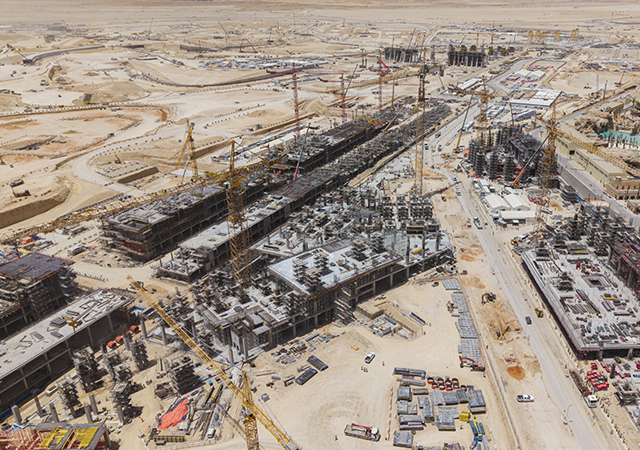
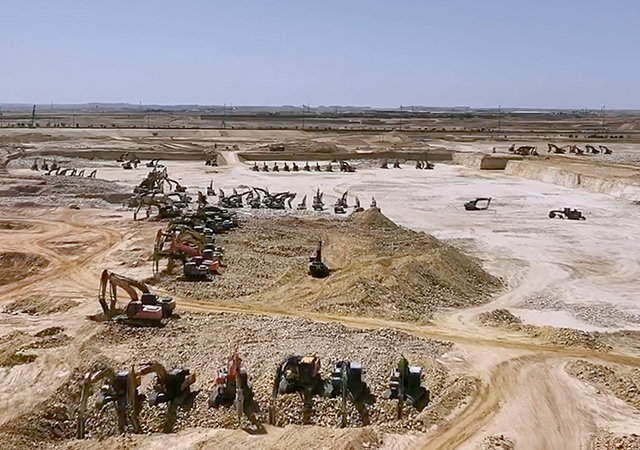
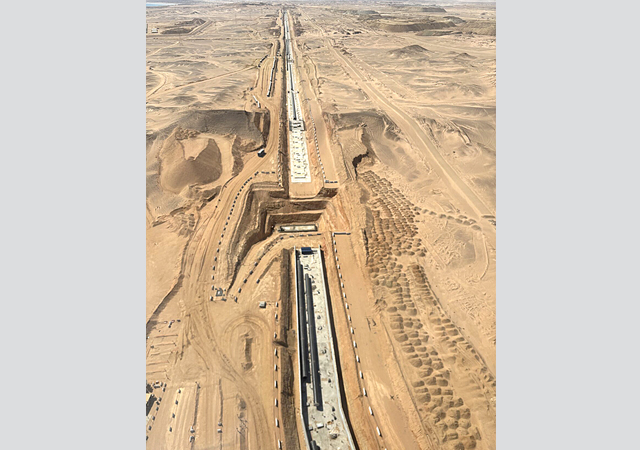
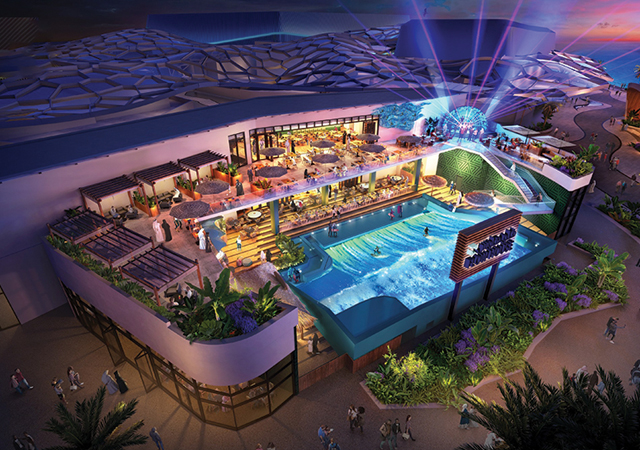
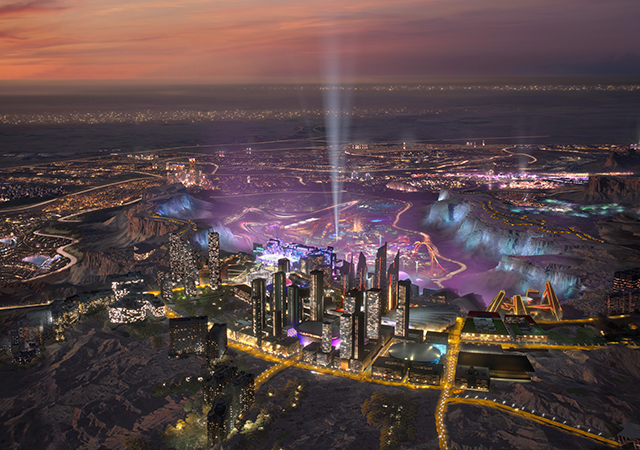
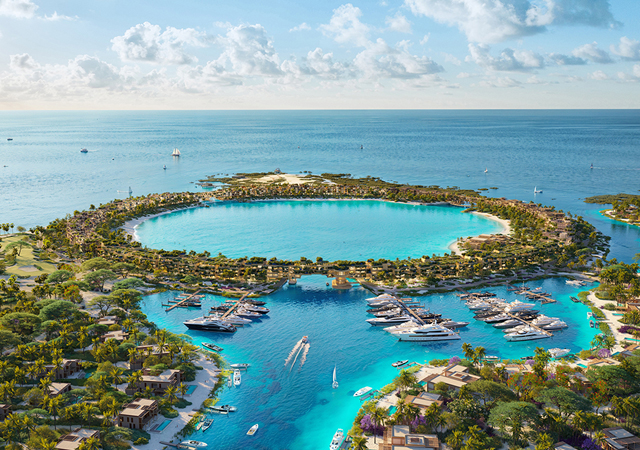
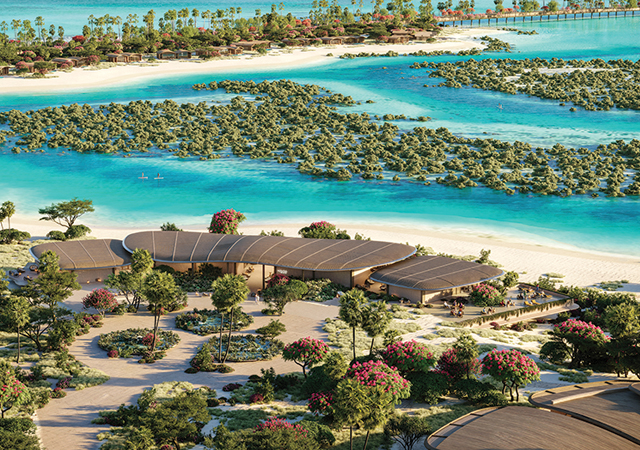
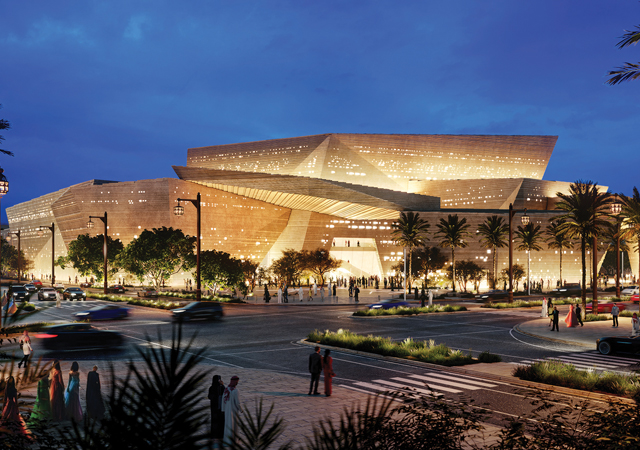
 BIG.jpg)
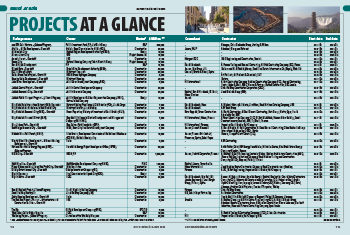
.jpg)
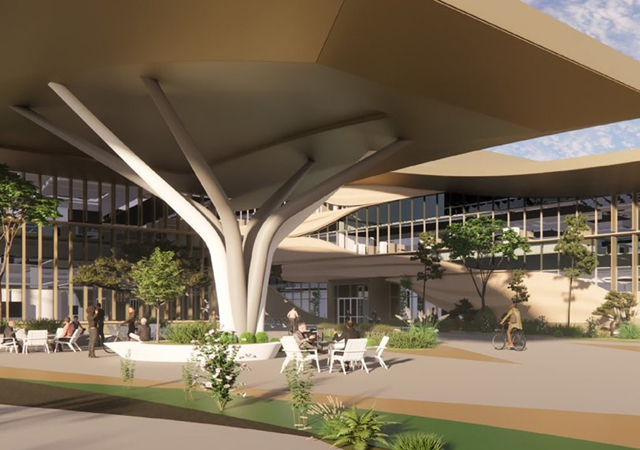
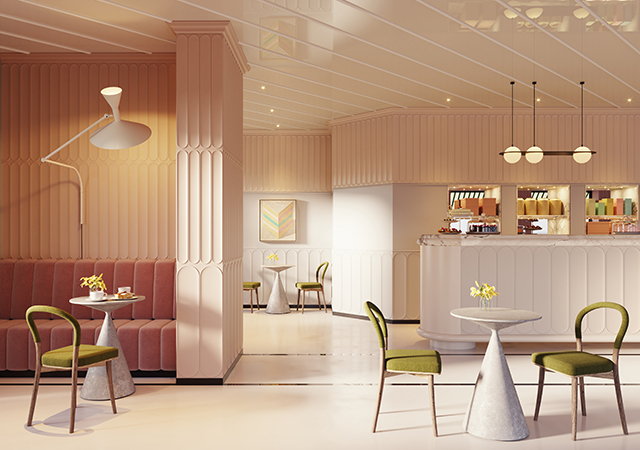
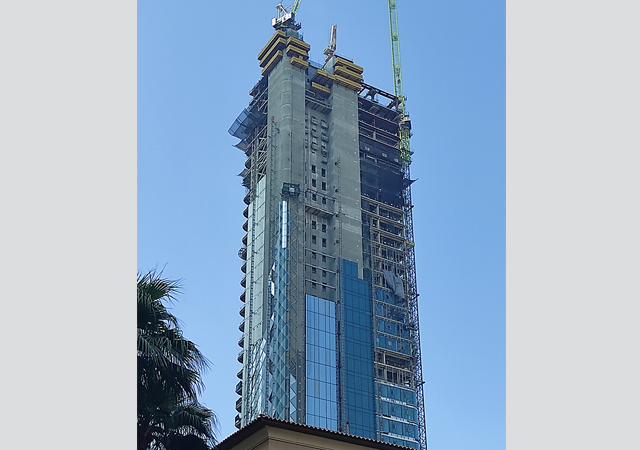
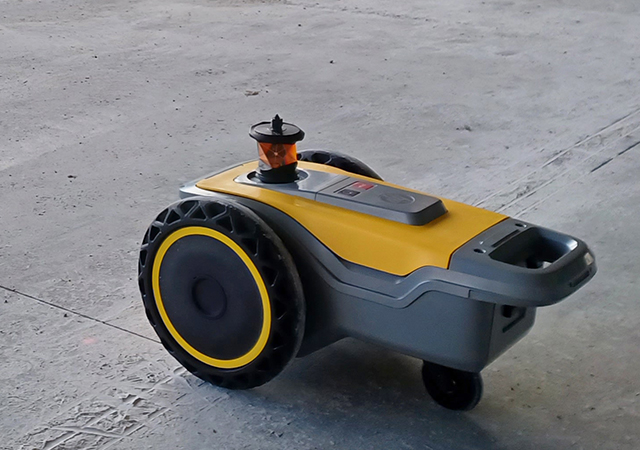

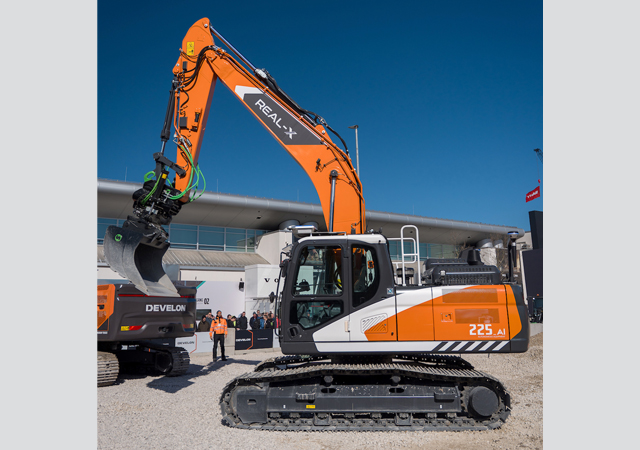




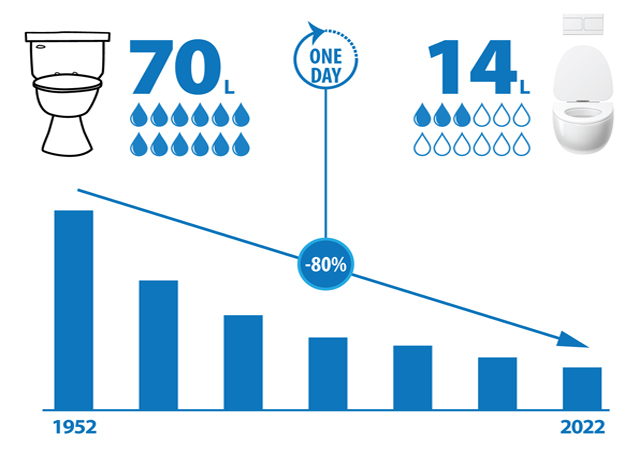

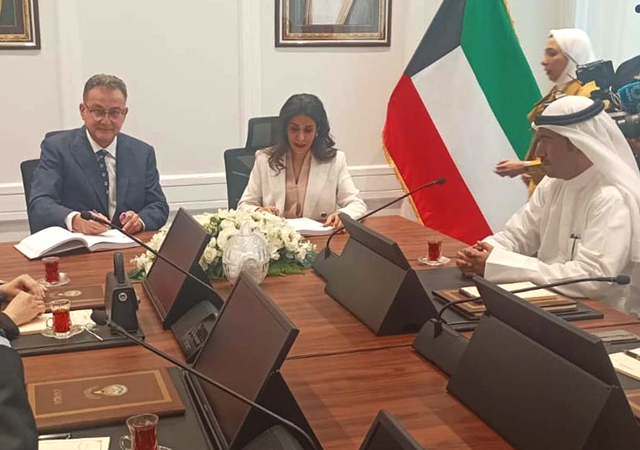
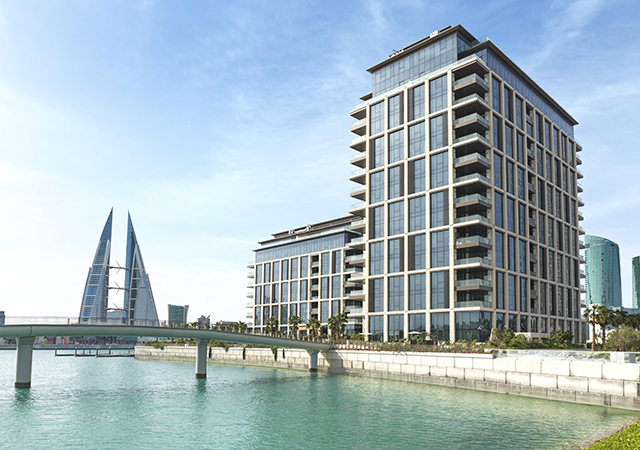
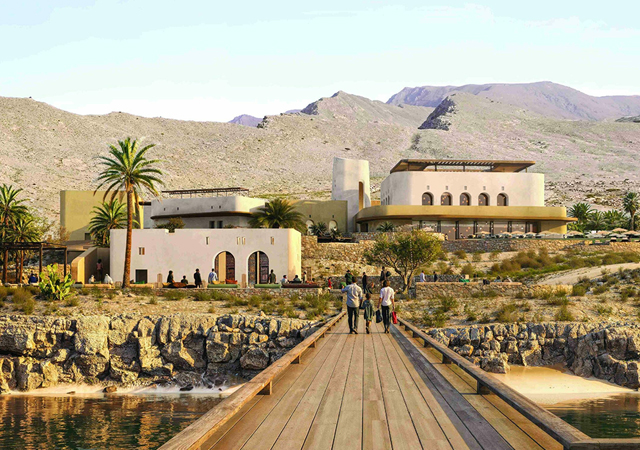
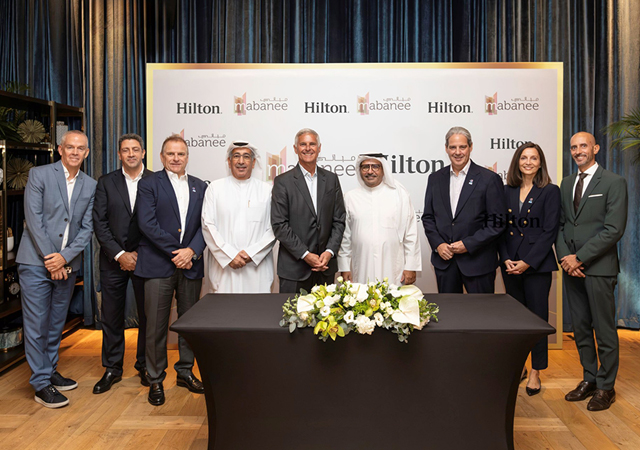
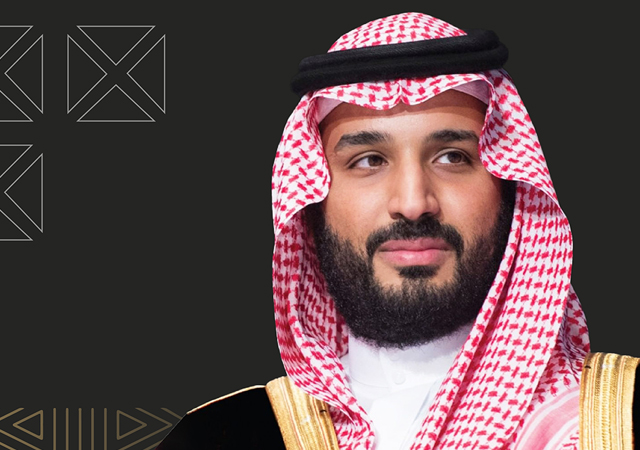
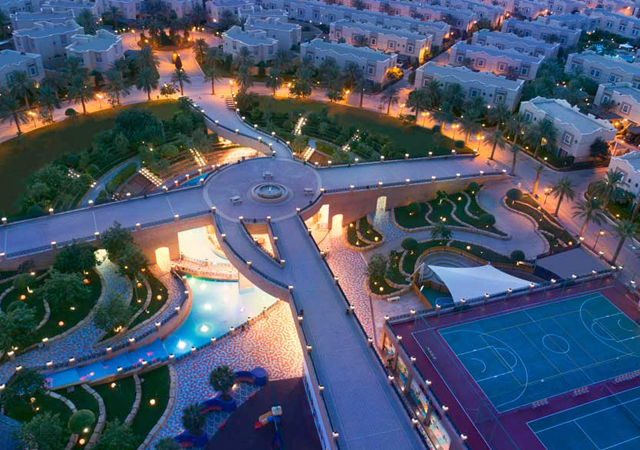
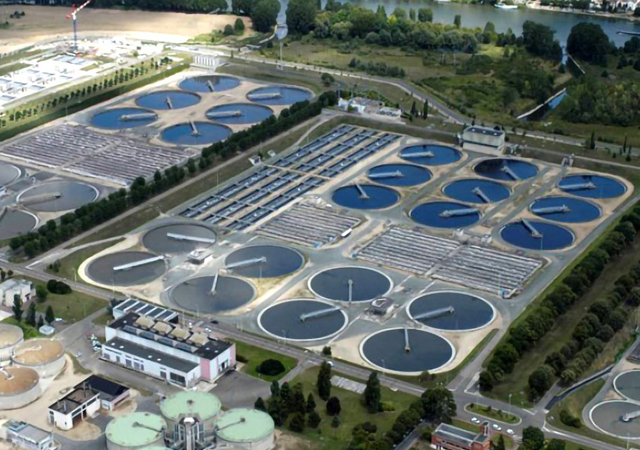
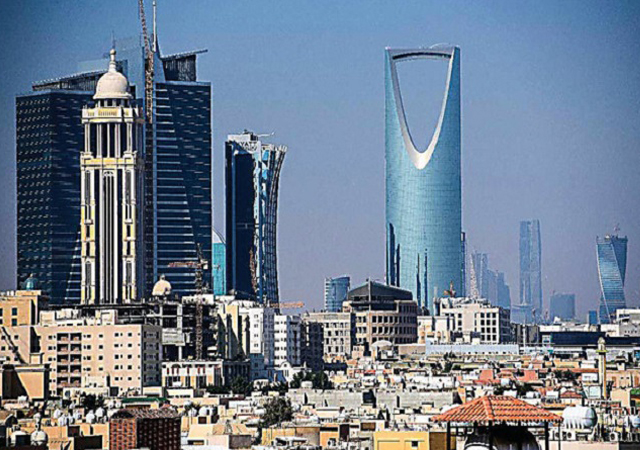
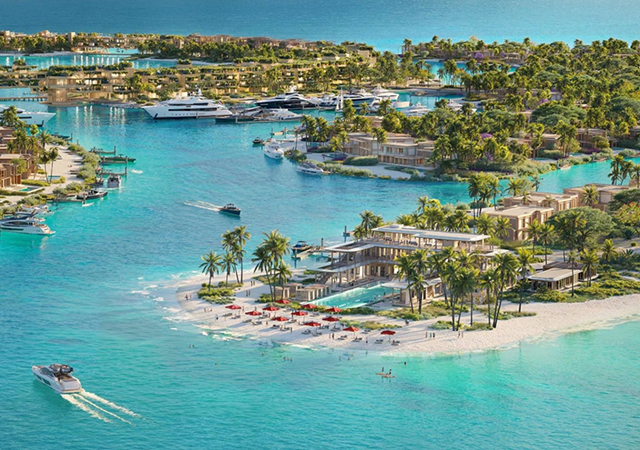
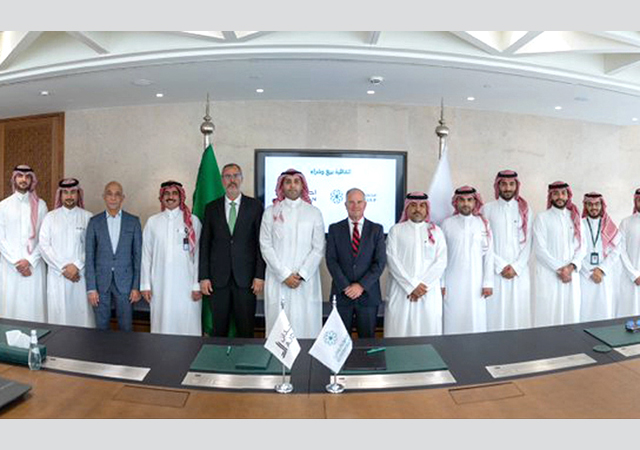
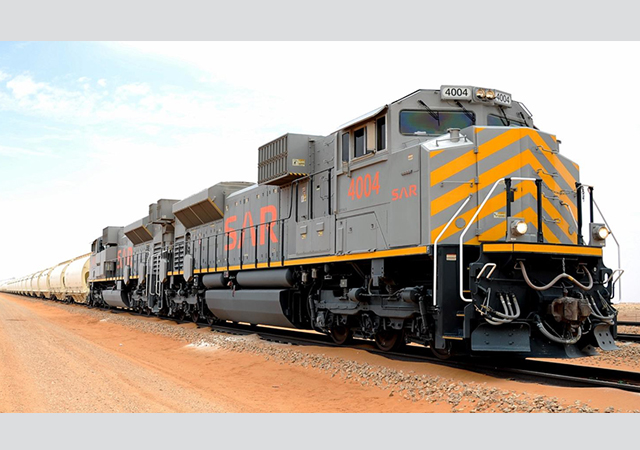
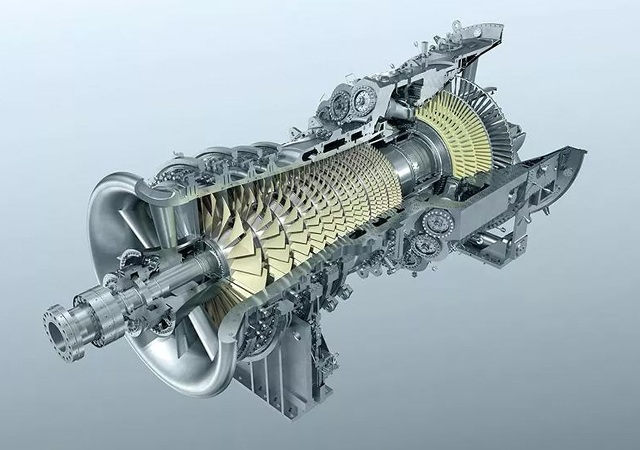
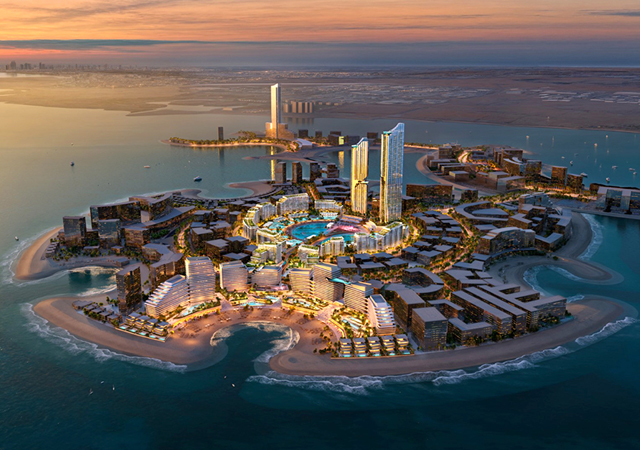
.jpg)
